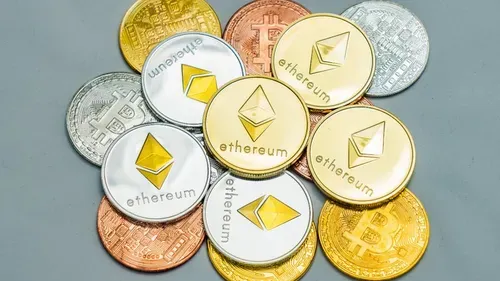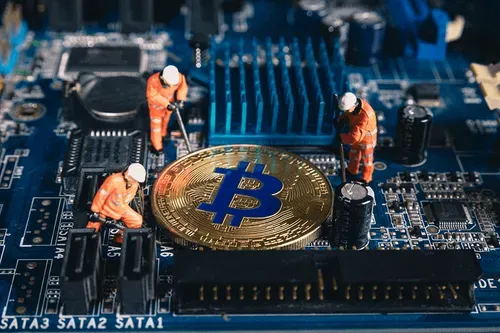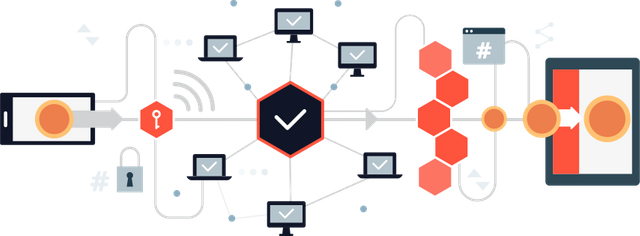How else do you earn your crypto?
Today, I'll be taking a dive into some of the common ways to earn crypto. This could serve as a guide for some noobs or provide more insight for crypto and blockchain enthusiasts who may wanna know more about crypto earning mechanisms and methods. Here are a few important ones I know (you may ship in yours after-all tho):
- OTC buying of crypto assets on reliable and secure exchanges: This is the most common and accessible way of getting any crypto of your choice. Go to any exchange of your and buy the crypto you wanna HODL or trade. There are a host of exchanges you can buy from but make sure you do your due diligence on their security, liquidity, reliability and compliance before patronizing anyone. A quick look at the top 10 on CoinGecko can give you a hint tho.

- DeFi staking: This involves users buying assets and locking them up for a certain period of time to earn a predetermined addition of the crypto assets called APY/APR which may or may not require a gas fee depending on whether you stake flexibly or it's a fixed staking (depending on the t&c too). Stakings are majorly done on wallets and DEXes but recently, it could also be done on CEXes. There's also a growing staking ecosystem on smart contract chains now called Liquid Staking Derivatives (LSD).

- Airdrop hunting: I will not want to dwell on this much because as much as it provides the opportunity to earn free cryptos, it also opens up an avenue for proliferation of scams in the crypto space. Although there some few legit ones especially those ran by reputable exchanges but are majorly not free tho. Examples are Launchpool, CandyBombs, kickstarter, Learn2Earn/Quiz2Earn, cryptopedia, Task2Get etc.

- Node running/miners: This is the most expensive yet rewarding crypto earning model. A node runner(for PoS chain) only need to contribute his computer as a web of node used in validating blocks on a specific blockchain. There are 3 types of node runners - client, pover and a validator, all contributing to the confirmation of a new block on a chain or network. Most node requires specific system configurations ranging from RAM specs to CPU specs to network speed (some needing up to 500mbps). So, the major expenses is dependent on the network rentals or ISP charges and energy consumption bills because a node is expected to be running 24/7. However for PoW chain, miners use highly sophisticated machines to solve complex mathematical problems in order to confirm a new block on the chain. This happens on bitcoin blockchain and a few other and it's the most expensive to run and a bit old school atm.

- Testnet participation: Most DeFi enthusiasts rely mainly on participation in project testnets to earn token airdrops as reward for participation. Testnet are meant to test the reliability and efficiency of a network or chain and it require the deployment of smart contracts with participant expected to interact with a host of dApps while making some DeFi transactions using either a test token or a small amount of other mainnet tokens. Examples are Aptos testnet, Celestia testnet, ZKSync testnet, Arbitrum testnet etc.
Studies from cointelegraph, coindesk and a few others have shown that these are the common ways to earn crypto assets in the last couple of years.
What way do you think is best for you?
NOTE: This should be separated from ways to earn in the crypto ecosystem like copy-trading, spot trading, derivative trading, bot trading, trading competitions and many more....
If you've got more, you can kindly contribute in the comment section.
THIS POST IS PLAGIARISM FREE
Images used are from open source.
